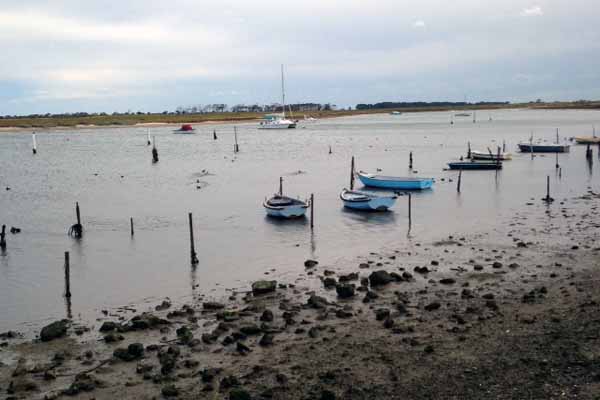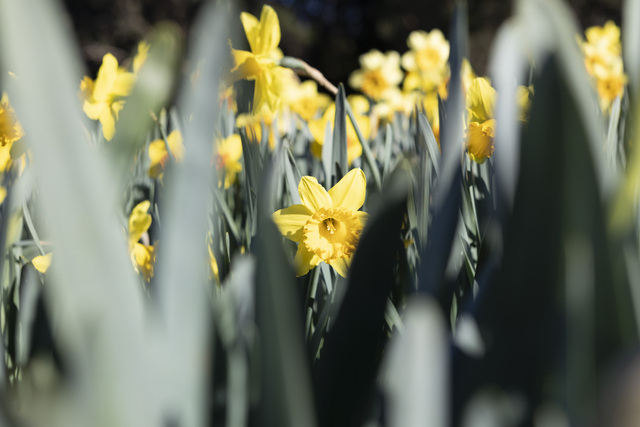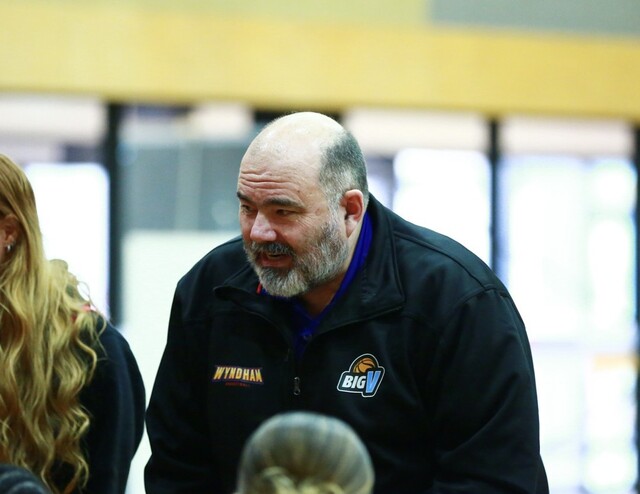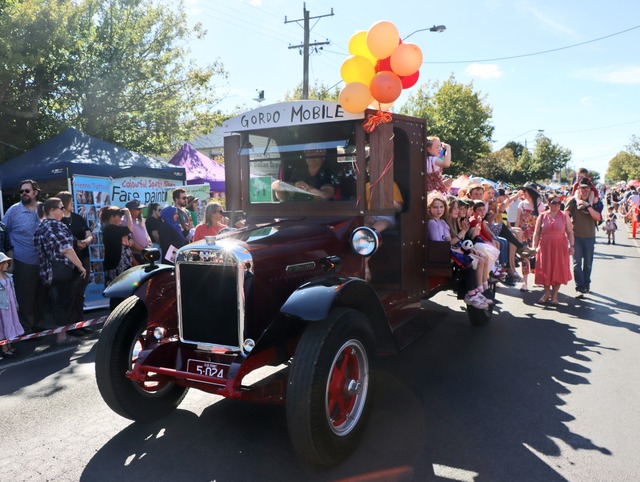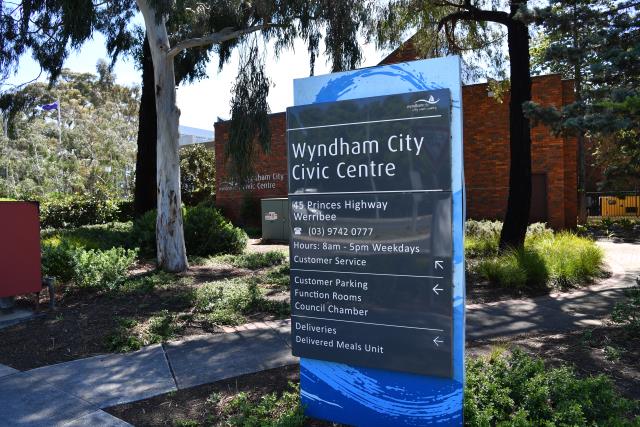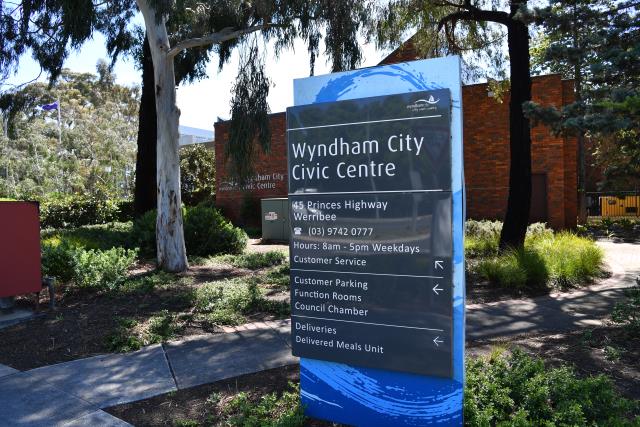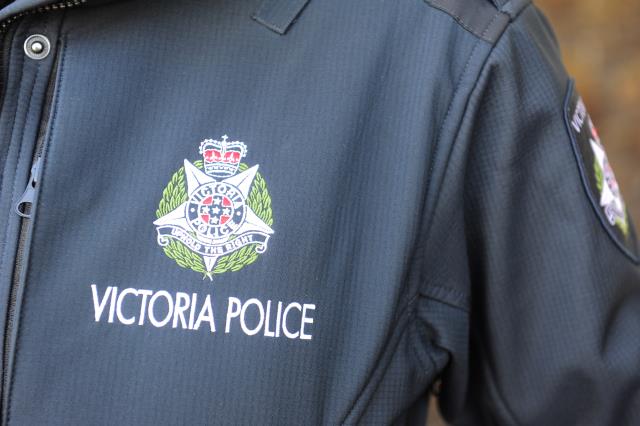Wyndham council has committed to a suite of changes to clean up the Werribee River.
A report released at last month’s council meeting highlighted the poor state of the river, highlighting declining platypus numbers, water quality that ranges from fair in the upper reaches to very poor in the lower reaches, outbreaks of Azolla weed and algae, and decreasing monthly water volumes.
A recent survey also recorded a staggering 50,000 items of litter found in the river.
As a result, the council voted to advocate for increased water allocations to the Environment, Climate Change and Water Minister and other state ministers and departments.
It will seek to have more water quality monitoring points and ask the government to investigate alternative water sources for irrigation purposes.
The council will also investigate the use and suitability of floating litter traps in the Werribee River.
Council’s environmental and sustainability portfolio-holder, Peter Gibbons, said improving the health of the Werribee River was important for the entire community.
“The river has been a vital part of life in Melbourne’s west since before European settlement and is now used by residents and visitors for everything from bird watching and kayaking to fishing and having a picnic,” Cr Gibbons said.
“It’s critical we work together with the state government, Melbourne Water and our residents and business community to improve the health of the river, to ensure it continues to be an attraction for generations to come.”
John Forrester, of the Werribee River Association, commended the council’s recommendations and said littering, poorly operating drains and Wyndham’s burgeoning population were contributing to the poor state of the river.
“There’s not enough flows. The water that is coming down is full of nutrients that attract things like blue-green algae blooms, which are pretty ugly and unhealthy for the river,” Mr Forrester said.
“The infrastructure the council has got on the river is really struggling to cope with it all … [but] Wyndham is being proactive in looking at it and trying to find solutions.”

